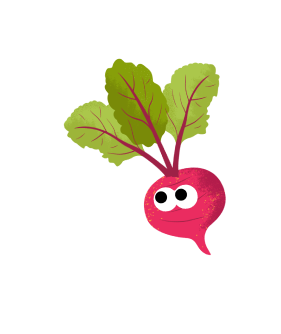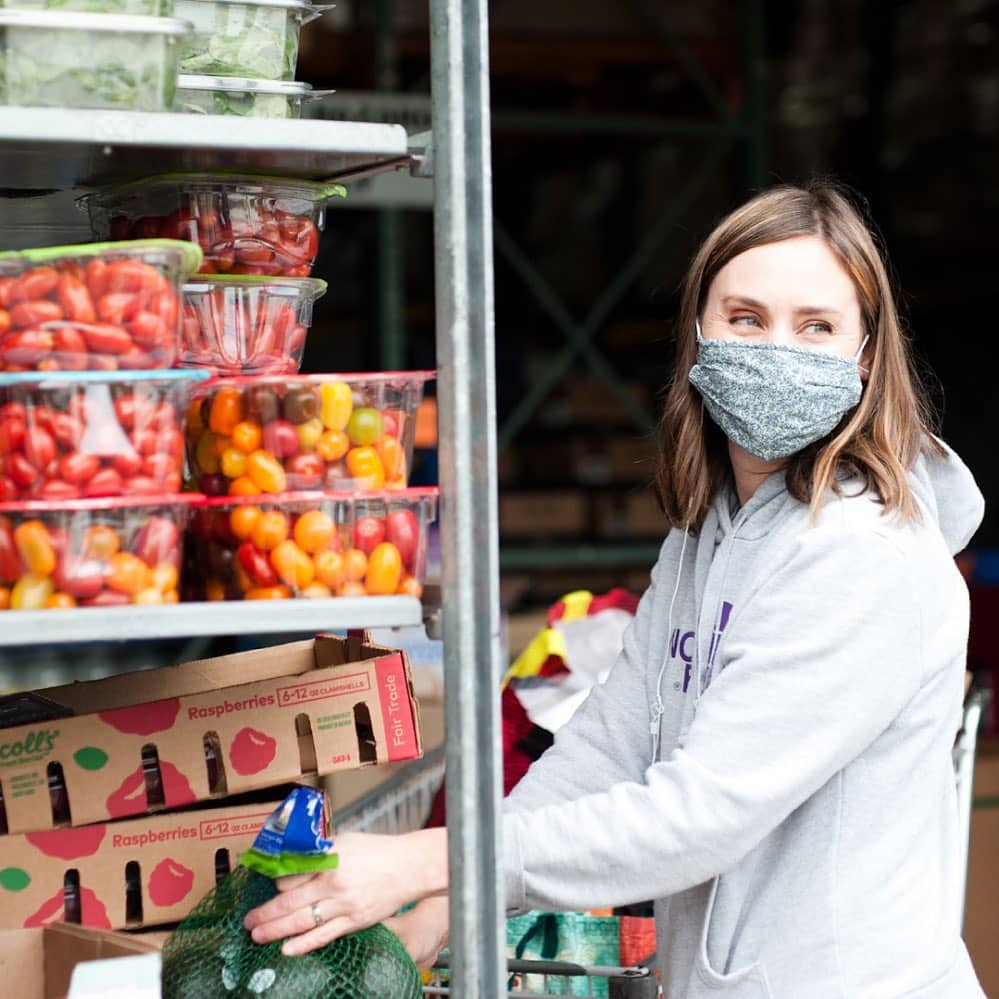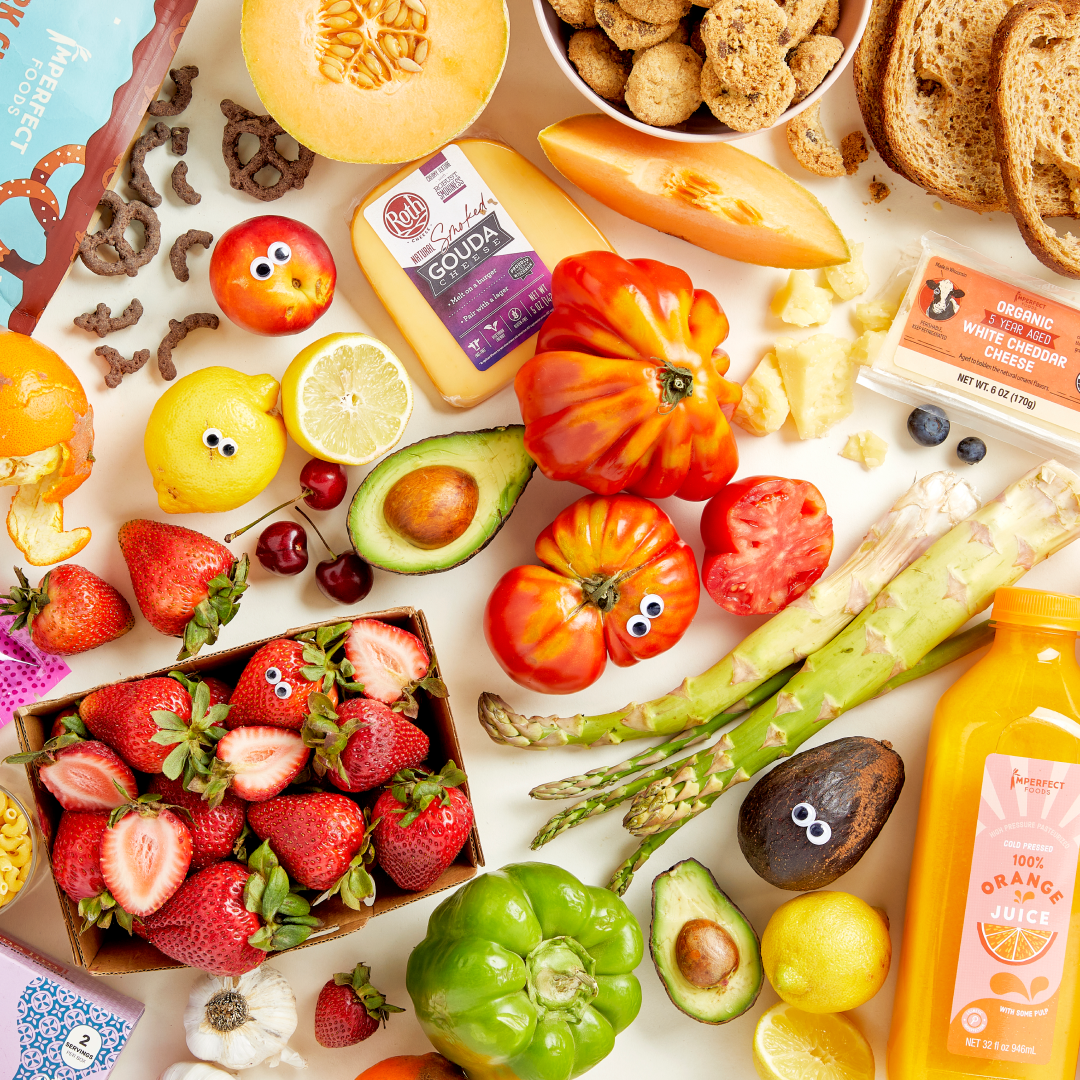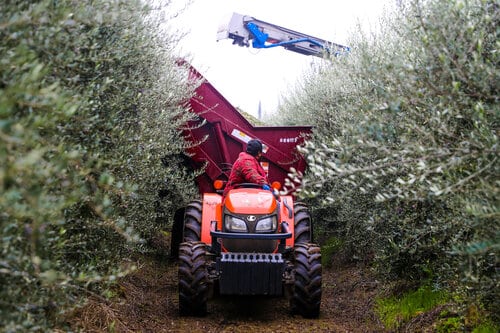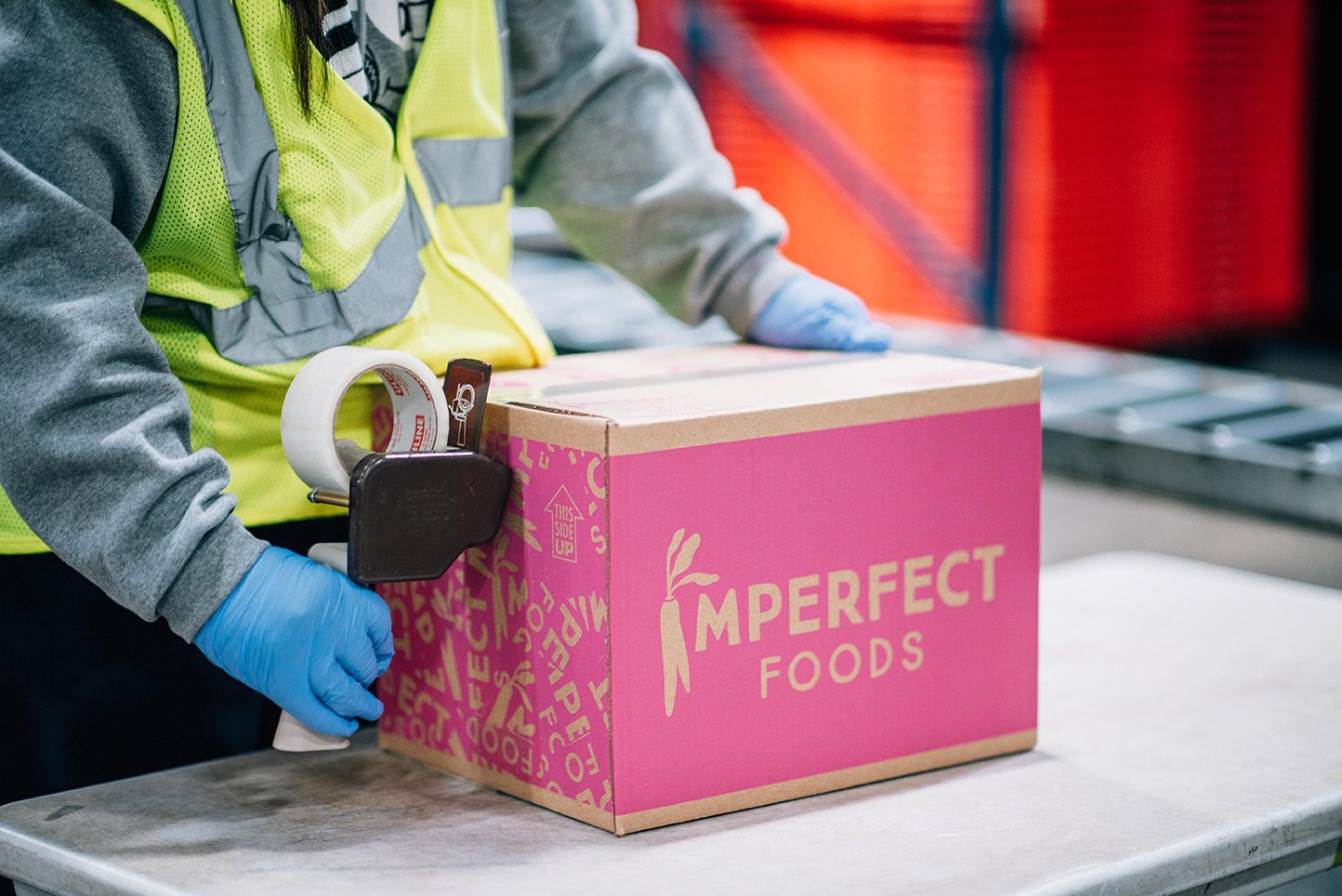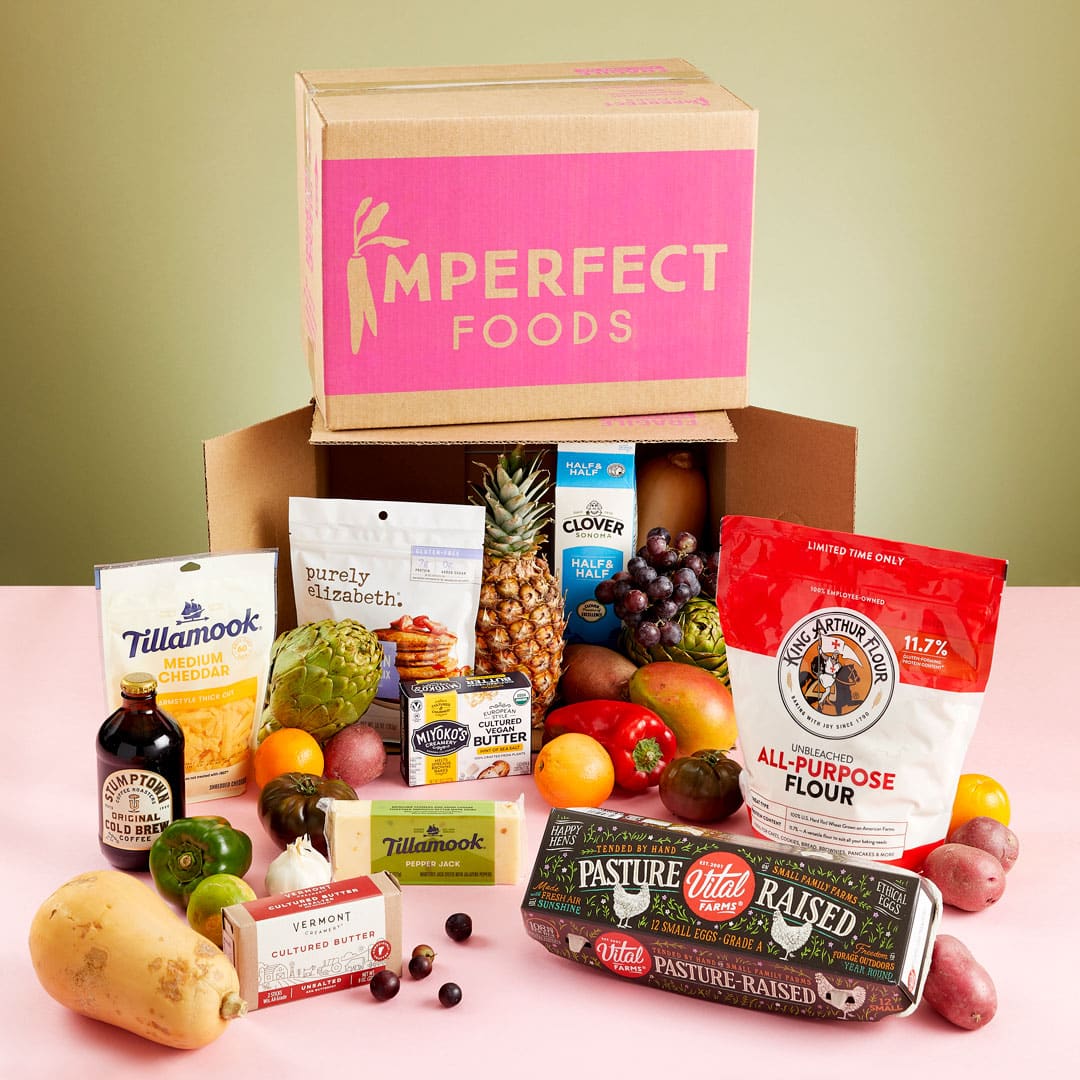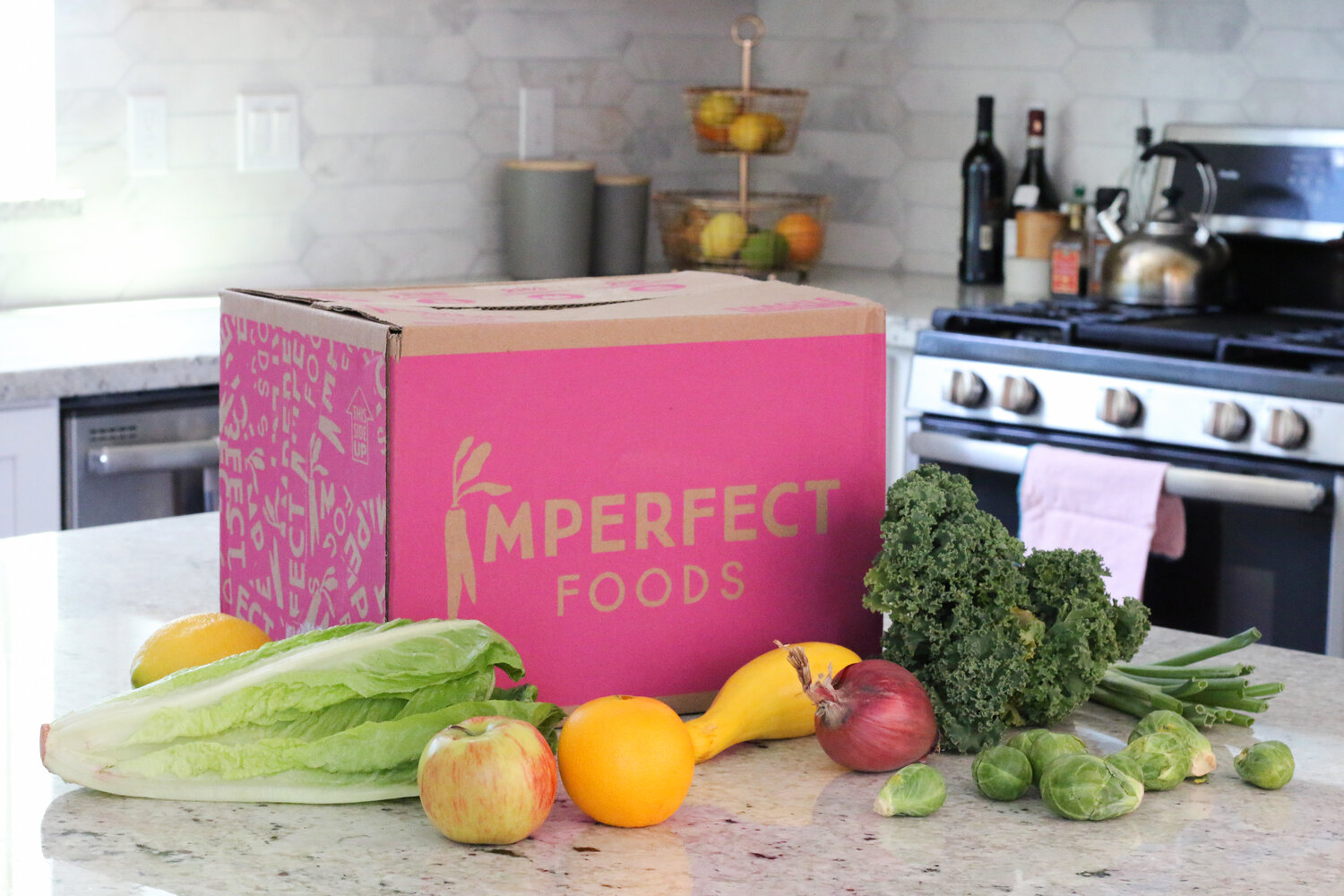At Imperfect Foods, we work every day to reduce food waste. A big part of that is connecting the dots between the people who have excess food and the people who want to eat it.
According to the USDA, more than 38 million people, including 12 million children, face food insecurity in the U.S. Meanwhile, food takes up more space in U.S. landfills than plastic (source: EPA and ReFED). All of that food that could be redirected toward those in need is tossed aside, unused, or rotting away—which is also terrible for the environment.
The good news? Wasting less food is a solution that helps address food insecurity and climate change, and it’s something each of us can do at home everyday. In fact, the EPA’s Food Recovery Hierarchy pyramid cites reducing the amount of unwanted surplus food and feeding hungry people as two of the best ways to address our food waste problem, benefiting not only the environment, but society and the economy. It’s a big dill.
We’ve always been motivated by causes bigger than ourselves, which is why our company’s mission is to eliminate food waste and build a better food system. It’s the core of our apple, and shapes everything we do (and is why we became a B Corp in 2021). That includes making sure we do our part to help fight hunger so that everyone has the food they need.
A growing solution
Fighting hunger and food waste can happen in tandem, and we’re taking that dual approach in our business model.
That starts with sourcing. We partner with local farmers and producers to save fruits and vegetables, surplus items, and more from being wasted. Farmers pour resources into growing their food—think soil, labor, water, equipment, and more—and when food is tossed for being a little quirky-looking or off-kilter, all of those resources go to waste. Silly, right? Especially when that food is still perfectly healthy and delicious.
That’s where you come in. When you shop Imperfect, you can rescue fresh, delicious food that would otherwise end up in lesser outcomes. (By “lesser outcomes,” we mean landfills, compost heaps, pet food factories, and more.) In addition to homing wonky produce, we upcycle food byproducts into other delicious snacks and ingredients. Take our upcycled cookies, for example. We take the oat pulp used to make oat milk and bake it into crispy, bite-sized cookies just begging to be dunked in milk. (Have you tried the Upcycled Ginger Oat Cookies yet?)
We do our berry best to forecast how much our customers will purchase and only purchase enough food without going overboard, but it’s a tricky process. Sometimes we overbuy or overproduce. When that happens, we’re thrilled to call on our 60+ community partners with the great news that we have food to share. So far, we’ve donated 15.1 million pounds of food to people facing hunger!
We’re honored to team up with our community at every step of the food supply chain (the food food chain?) to make small and important changes that all add up.
Our community partners agree. Jess Nizar, Program Manager at the Los Angeles Leadership Academy Farm, is always egg-cited to get a call from Imperfect.
“I can’t tell you how grateful people are to receive such great quality food at a food distribution for free,” she said in July 2022. “Prices are so high lately we really see how it’s affecting people’s lives. So thank you all for really giving people a little more breathing room.”
In short: By shopping with Imperfect, you’re reducing food waste and supporting organizations like Jess’s that are dedicated to helping people facing hunger.
Your actions add up to big change
To take even more steps in the ripe direction, donate money, time, and food to local organizations fighting hunger near you.
And of course, you’re making an impact simply by shopping with Imperfect. Who knew groceries could do so much good?
Not a customer yet? Join us.
